This post may contain affiliate links. Please read our disclosure policy.
THINGS NO ONE TELLS YOU ABOUT PARENTING A TEENAGE BOY
Raising our four children, including raising teenage sons, is the joy of my life. We have three boys and one little girl. While there are things that you need to know about raising teenage girls, today we are talking about raising teenage sons. The teenage years have been my favorite ones – a way to connect with our kids, talk to them, listen to them, and just watch them grow.
While I love being a Boy Mom to our sons, it has opened my eyes to many things. There is a big difference between young kids, tween boys (and girls) & teens.
As a teacher, child development therapist, and mother, I can say that the teenage years are wonderful and scary all at the same time.
In fact, one of my favorite parts of the day (and also the one that is the hardest for me because I’m exhausted) is when I stay up late to talk to our older boys before they go to bed.
Those late-night chats are the best ones (we started these bedtime talks when they were young), even if it means that my dark circles are a little darker the next day. Zzzzzz… but worth every minute! It’s the best piece of parenting advice I could ever give – use your time wisely. Have the late-night chats. It’s worth it.
THINGS NO ONE TELLS YOU ABOUT PARENTING TEEN SONS…
Many of my friends & readers are parents to teenagers… many of them are parents to teen sons. Last week, we were talking about the things that no one tells you about parenting a teenage boy.
We gathered up that advice about raising a teen boy (thanks to a lot of boys’ moms!) and used it to build today’s list of the things that no one tells you about parenting teenage sons…
1. THEY NEED YOU TO LISTEN
“Years ago, I heard invaluable advice: “Once your child reaches the age of 13 or 14 they know your opinion of everything under the sun. Your job from now on is to shut up and listen.”
I remember feeling a bit defensive the first time I heard this counsel. I had so much knowledge yet to share! And besides, things change—how would I offer my wisdom on future problems? But there’s the crux of it all.
Things change. As adults, we think we know all about the teenage world, but this swiftly moving planet has spun beyond our intimate knowledge of the ’70s, ’80s, ’90s. And here’s what I’ve learned: when you take the time to listen, truly listen, your kids will ask your opinion.” ~ Michelle Lehnardt, TODAY.COM
2. THEY NEED YOU TO TEACH THEM IT’S NOT ALL ABOUT THEM
Teaching our children that they are not the center of the universe is important… and it’s a hard lesson to teach when they ARE the center of our universe. My friend and fellow blogger
Research proves there’s a direct link between low self-esteem and materialism. We give our kids more because we think it will make us all feel better, but it actually places a higher value on things than on relationships. And often our kids don’t need more stuff or more freedom; they just need more of us.”
Give your kids chores & expect them to help out!
3. PEOPLE WHO LOOK & LIVE DIFFERENTLY THAN YOU HAVE VALUE, TOO.
Teach your children to make friends across color, sex, and religion… and do the same yourself. You’ll both be better people because of it. When kids see that you socialize only with others just like you, they will question your credibility.
“Be curious!” Janet Penn says. Teach your children to travel outside their community/country and listen and learn.
4. TEACH EMPATHY
You don’t have to experience someone’s pain…just acknowledge it and let them know that you are there.
“Discuss current events with your children and ask them how they think the people in the story might be feeling. It can also help to discuss situations that your teenager might see on TV shows with fictional characters. Ask them if they relate to a particular person in the show and why.
Then, ask them what other characters might be thinking and feeling. (Hint: The musical “Wicked” is a good example of how we are trained to only see a story from one perspective. This musical tells the story of the wicked witch in the Land of Oz from a very different viewpoint!).
Modeling is very important. It’s okay to let your teenagers see that you are human too. For example, tell them a story about a time when you might have suspected a friend was in trouble, what you were thinking about at the time, and what you did to help.” ~
5. YOU CAN’T FORCE SOMEONE TO LIKE YOU
It is important for our children to know that not everyone will like you. No matter what you do, there will still be people who do not like you. You can’t change it. You can’t do anything about it, except to be kind and move on.
I remind my kids that as long as their FAMILY is with them, they always have people loving them, so that can be enough. Be kind & sensitive to others, but don’t expect everyone to like you and don’t try to force it – it will never work. The quicker our children accept this fact of life, the better off they will be and less likely they will be to retaliate when someone DOESN’T like them. Rejection is a part of life.
6. DON’T EXPECT INSTANT COMPLIANCE
My friend, Samantha, once told me that she never expects her kids to stop what they are doing and instantly do what she asks. She always respects the fact that her children need a minute to finish what they are doing before they can move onto her tasks. IF her kids are reading, she asks them to finish the paragraph and then ______ (take the garbage out, etc…)
Just like we would not be expected to jump up as soon as our spouse or child called us, they should be given enough respect to finish what they are doing before moving onto your task.
7. YOUR WAY WILL NOT ALWAYS BE THE BEST WAY.
Be open to looking at things from another viewpoint. “We use the numbers 6 and 9 to teach students about different points of view. First, have students look at number 6 and then number 9.
Explain to students that the idea for this exercise came from an old Middle Eastern legend in which two princes were at war for many years.
One prince looked at the image on the table and said it was a 6, while the other prince said it was a 9. For years the battle raged, and then one day when the princes were seated at the table a young boy turned the tablecloth around, and for the first time, they could see the other’s point of view. The war came to an end, and the princes became firm friends.” -Donna Wilson and Marcus Conyers.
7. NO MEANS NO.
When dating understand that No means No and not try harder. “In the age of #MeToo, parents across the country have been wrestling with the anxieties of raising teenage boys to understand consent.” ~ Washington Post
“When someone tells you no, they mean they do not want whatever it is you are offering. Think before you react.
Your date or yourself can at any time, change their/your mind. You may have been in the mood and now you’re not, that’s okay. If you take your date out for drinks and she drinks a little too much, take her home, help her to the door and then tell her goodbye.
Call and check on her in the morning. Remember the legal drinking age is 21! Lastly, Abuse of any kind is a sign of weakness. Real men do not need to build themselves up by making another person feel weak.” ~
At the same point, NO means NO when your son says it, or when he thinks it. Teach him that he has the power to say NO and he has the power and the right to follow his instinct when he feels like it is not the right decision.
8. YOUR GREATEST CONVERSATIONS WILL HAPPEN IN THE CAR
“My teenagers hate, hate, HATE when I talk on the phone while driving with them. Even if they aren’t in the mood to chat, they don’t like to be treated like a bag of groceries on the seat next to me.
Sometimes, I need to take the call, but I find my kids are happier if I keep it short and offer an apology. I don’t spend nearly as many hours with my teenagers as I did when they were little, and I need to have a listening ear when we are together. It’s not that teens need to be treated like they are the center of the universe—they just need to know they matter to you.
And if they do accidentally scratch the paint on your car or dent a golf club, they need to know they are more important than any object. When kids feel valued, they value their relationship with you.” ~ Michelle Lehnardt, Scenes from the Wild.
9. DELAY THEIR GRATIFICATION
“The classic Marshmallow Experiment of 1972 involved placing a marshmallow in front of a young child, with the promise of a second marshmallow if he or she could refrain from eating the squishy blob while a researcher stepped out of the room for 15 minutes.
Follow-up studies over the next 40 years found that the children who were able to resist the temptation to eat the marshmallow grew up to be people with better social skills, higher test scores, and a lower incidence of substance abuse.
They also turned out to be less obese and better able to deal with stress. To help kids build this skill, train them to have habits that must be accomplished every day–even when they don’t feel like doing them.” ~
10. TAKE RESPONSIBILITY FOR YOUR LIFE.
Take responsibility for the wins and for the losses. If you don’t like something in your life, don’t blame someone else. Take responsibility and work hard to fix it. Change what you don’t like, but don’t leave it up to anyone else.
“Life is 10% what happens to you and 90% how you react to it.” ~ Charles R. Swindoll
Not “Little Boys” yet not quite grown
I learned several years ago that those years between being a boy and being a man are the important ones.
Those years, when they are preteens & teenagers are the ones that really matter… the ones that make the difference. Just learning to be a young man, in middle school or high school.
When our sons are not quite little boys anymore, yet not quite grown.
These are the Years that Matter…
They are young men that are changing every day, between the tween and teen years.
Those times when they act like they need you less & less, but they really need you more than ever. When they feel independent, but they really need us to teach them those life lessons more than ever.
Research shows that we need to spend more time with them when they are in the teenage years.
I encourage you to find something that your child enjoys doing and do it with him: Play that video game, shoot hoops, throw a ball around in the yard, just sit and talk to them, go somewhere with them, but just be with your son.
He won’t be that 13 or 14-year-old son for much longer, so use this time to raise him to be the man that you want him to be as an adult.
These are the moments that make a difference… it’s the key to connecting with your teenagers. These teenage years are so important!
Mom and Dad might not be the people that they want to spend all of their time with, but it makes a huge difference in their ‘teen behavior.’ We set limits and teach them, but more than that, we show them how we act and behave ‘in real life.’
Here are some amazing books about raising teenage boys:
- Age of Opportunity: Lessons from the New Science of Adolescence by Laurence Steinberg
- Born to Be Wild: Why Teens Take Risks, and How We Can Help Keep Them Safe by Jess Shatkin
- The Teenage Brain: A Neuroscientists Survival Guide to Raising Adolescents and Young Adults by Frances E. Jensen
- What a Son Needs from His Mom by Cheri Fuller
- How to Raise an Adult: Break Free of the Overparenting Trap and Prepare Your Kid for Success (New York Times Bestseller) by Julie Lythcott-Haims
.
ps- I want to invite you to sign up for my FREE e-mail series called One on One time. It is completely free & I will send you this calendar to get you started. 🙂







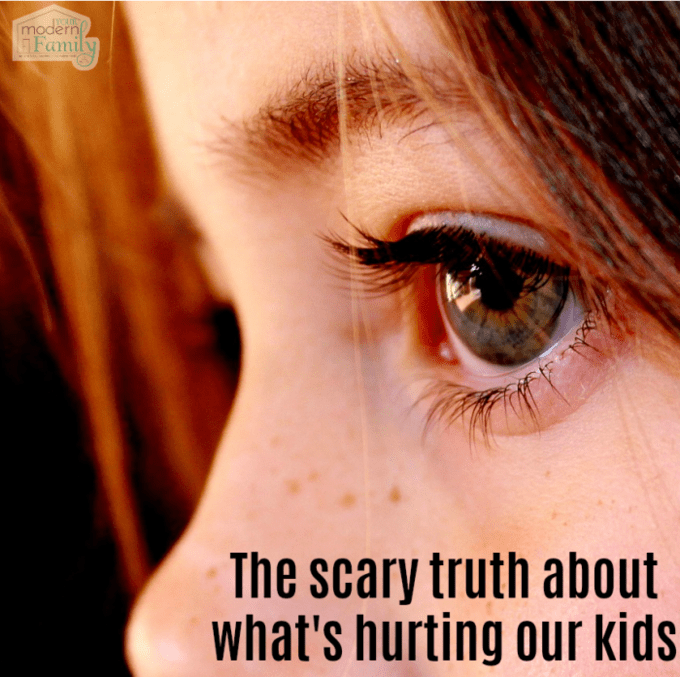
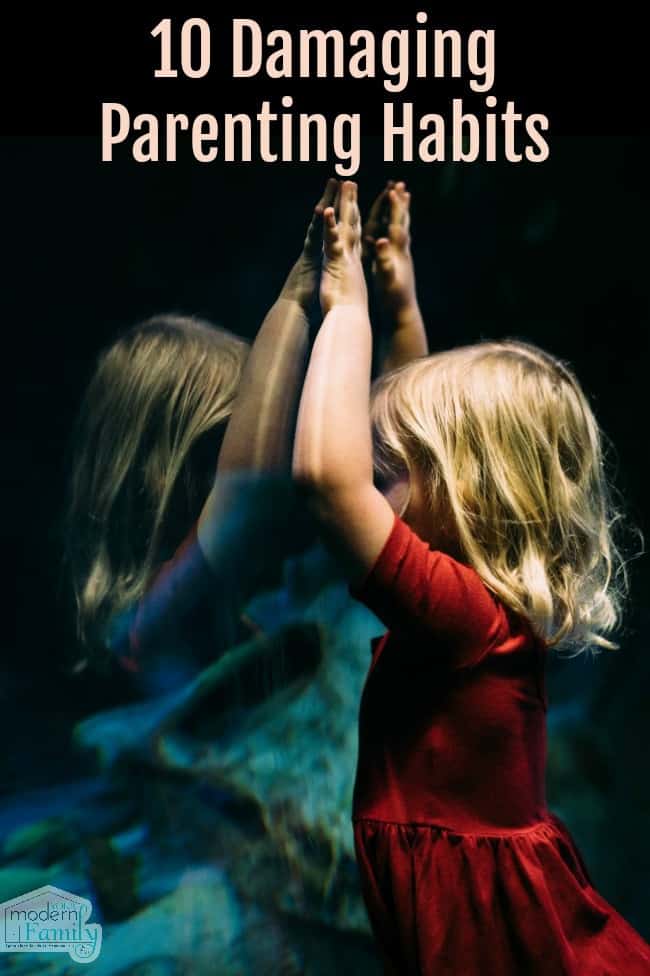
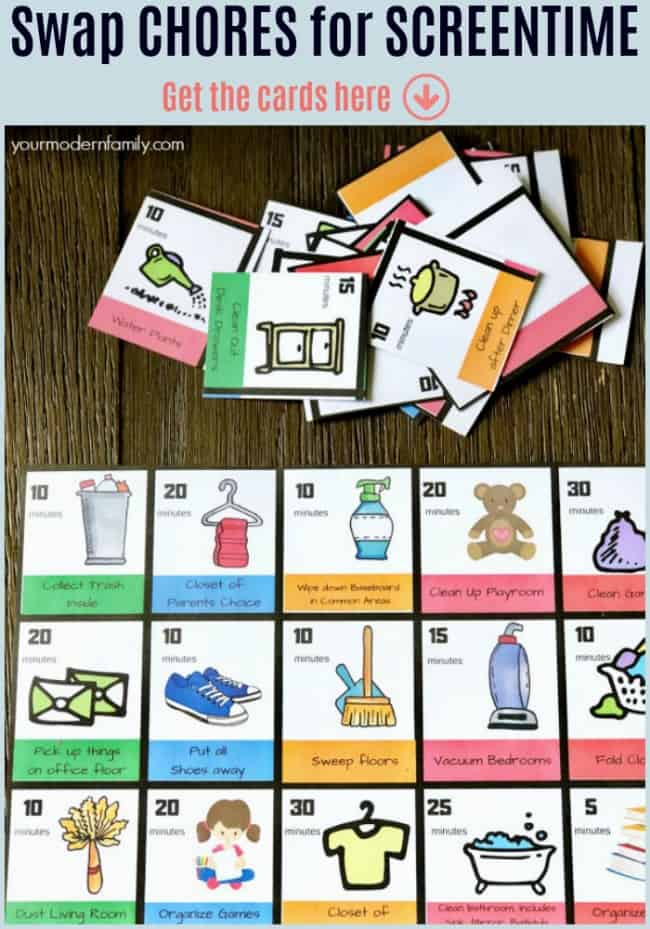
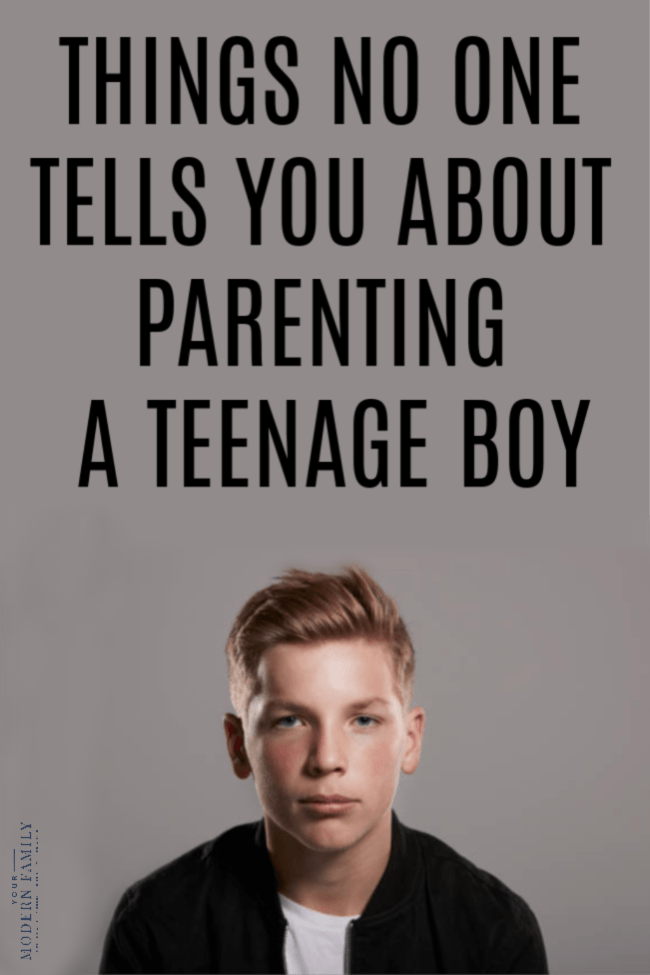



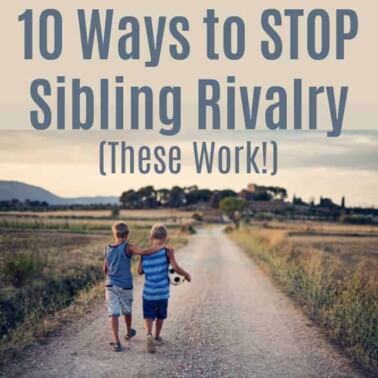
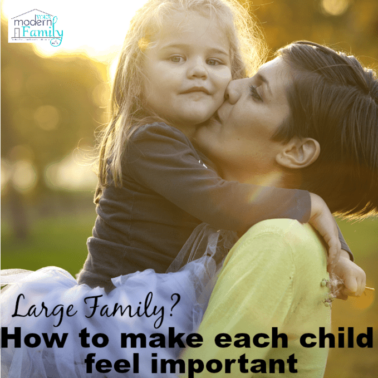









Becky
Thank you so much for this great read! I’m going thru this struggle at this very moment with my 14 year old son. I started to just give up but your advice makes so much sense now! I love your articles and Facebook posts thanks for all your hard work!
thank you!
There’s one very important issue missing from this article. Ya. No means no. No boy should ever have to feel like that doesn’t go both ways. No boy needs to feel that he cannot also say no and mean it… even if his body seems to be saying yes. THIS is the most overlooked issue facing boys when it comes to relationships and dating: Say no to her, first. Mean it. Voice it. Stand by it. Then also say no to your body and get out of the situation immediately. Walk away. You will be proud later.
Such a good point.
Hi Becky I loved reading your tips and some of them I have already put in practice for a long time. I am Lisa and I am from Cabo Verde Islands. Mother of two teenagers, one girl of sixteen and a boy of thirteen. My teen girl is very self oriented, quiet, responsible and became more optimistic. Our son he is all that but has more self confidence and too optimistic, he sees always the bright side of the things and if something is not good he just find the solution for it very quickly. He is very calm and has answers for everything. He loves reading books and play tablet games or board games. He is very well organized student and knows what he wants. He is an excellent student only with As, behave at school is the best we could wish for a son and student. He is very polite with teachers and classmates. But I am worried is at home, I am worried with the way he answers back to us, aggressive and with no empathy when we are by our own at home. And when we tell him that we di not accept this kind of behavior he just say that we love his sister more and we don’t say this things to her. Sometimes he reacts like he is the one that is the parent or thinks that we are all the same age. He is most of the time selfish even with things that we share with him. We have already tried and still trying conversations, open ones trying to understand his behavior towards us and change the way we act. But it is becoming unbearable because I think how will be in the future with other people. This is why read your article and some I will try with him.
Good info. Regarding the car tip. If you are talking on the phone in the car, you are not paying attention, is one thing. You are also modeling distracted driving.
I hope you have one of these for girls too – girls are often harder to raise than boys. AND girls are often way more pushy (relationally, emotionally and intimately) than boys. I told my son “no means no” when he was little and then one day he said it to me ! I had to quit whatever I was pestering him about. He was only about 7 or 8 at the time.
LOL- Our daughter isn’t a teenager yet…
I really enjoyed your article. However, the talk about consent is incomplete. I teach consent in higher education and also investigate situations that are alleged to be nonconsentual. “No means no” is right, but only part of the conversation. What if she doesn’t say anything at all? The students are being taught (and being held accountable to) “yes means yes” meaning before anything sexual happens they must get a yes first. They need to their partners and make sure they are clearly onboard before anything happens, and if they say nothing they should take it as a no. We are going a poor job of teaching this to our sons. As a mother of boys I find it sad and terrifying for them. Parents don’t understand this change.
This is a great article. When our kids become teenagers it seems there is a new set of parenting rules.
This is a very good read. As a mother of 3 girls and one boy, I went through the pre-teen and teen stage with my daughters and it was hard but we survived. My son, my only son who I have always praised and doted on, is now a full blown teen. My question is, you seem to have a good circle of support, I have always had to work in healthcare and often long hours, my husband is disabled but very interactive in our sons life. But honestly society is cruel, my son battles waking up each day going to school, he struggles continuously with self esteem and often says this world would be better off without him. As a parent this is crushing, yes we have definitely put steps in place from counseling to psychologist and the hardest hurdle we have faced is the school , the teachers and staff act like it’s nothing and if he feels so uncomfortable why doesn’t he just drop out, why would any teacher at any school say that. When he was younger he played football and basketball before his asthma became so bad and when he did those things he was accepted by the school but I even home schooled him one year, he only has one more year until graduating and I want him to have good memories, what can I do as his mother?
Great article really enjoy.
Thank you! 🙂
I have an 11 year old son who has recently started having an awful attitude while playing sports and he is an amazing athlete. On top of that, his step dad and I have been married for almost 6 years of his life. He has no contact with his biological father and his step dad is the only dad he has ever known. They once had an amazing relationship but it seems like overnight, my son refuses to even be in the same room with him. He begs me to make my husband leave and says that he knows he doesn’t love him anymore. How do I handle these situations?
Oh wow – I’m not sure what to tell you, but it sounds like they had a falling out of some sort. Can you take your son away for the day and talk to him? I’ve found that when one of my sons won’t tell me things if I wait and talk to him when it is dark, and the lights are out (so I can’t see his face – since he would be embarrassed to tell me whatever it may be), he tells me. Or ask him if he can write it down for you and then you will immediately rip the paper up and throw it away? Just give him a way to tell you in a non-conflicting kind of way. He may open up and tell you whats going on. Out of the blue changes like that concern me, so I’d want to get to the bottom of it right away. Maybe they had an argument or maybe he overheard something? It could even be that he feels like he is losing time with you?
One-on-One time almost always solves things for us – they talk to us more, act happier, etc… I’d find a day and make it just for the two of you.
Nope, the tween and teen years are NOT the most important. The first five years are. Raise a child who was neglected the first five years and soon you will see how hugely those years impact their whole brain. The tween teen years are important. but please don’t tell people they are the most important.
Such a great point. I always say that if you put in the work in the first few years, the teen years are so rewarding.
Hey I was looking for useful information on Piles Treatment and just came across your blog and found it quite interesting, can’t wait to see your post. You’ve been sharing really insightful posts and I’m an avid reader of your posts. Keep sharing the knowledge and adding value to our lives.
don’t girls need to learn the same thing?
all these bullet points are important for boys and girls but our approach may be different. just like two boys or girls need to be handled differently.
what I personally see that is the how do we practice these skill – how do we take personal responsibility, how do we accept people that are different, how do we not take things personally etc.
Yes – I don’t have experience in raising teenage girls, but I do agree that all of these rules are important for both. 🙂
From both parents, boys need the type of reinforcement about their bodies that girls always get. My mother of 3 boys.taught us how to dress and made us want to look better than anyone else. Most parents do not compliment boys on their appearance and physical attributes, and this becomes very evident in the gym when they hide their bodies. Baggy clothes for boys in contrast to girls’ showing all makes boys think they need to be covered up because only girls are beauteous. Parents need to change that..
As a New Englander now living in Florida, I am appalled how children here are objects to rigidly control, and a cause of nefarious parental predation and loss of self worth. Your wise advice in helping children, especially boys, grow up with confidence would be scorned, but is needed..
This was a great article! One that every parent should come across!
Thank you!
Thanks. 🙂